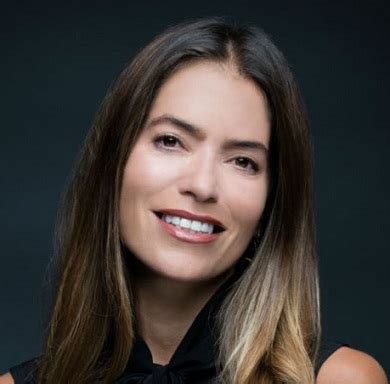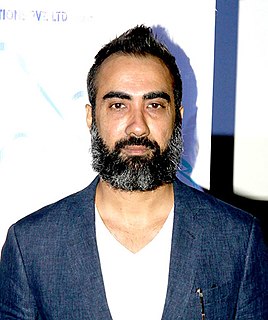A Quote by Zoya Akhtar
I want to do all kind of films. I don't want to be bracketed into one kind of cinema and if somebody does that, then it is on them.
Related Quotes
I don't want to be typecast as a heroine who does a certain kind of cinema, which is why I experiment with the types of films that I do. But yes, I won't deny that romantic love stories or romantic comedies are what I enjoy doing the most, because as an audience those are the kind of films that I like watching.
Our films tremendously influence people. But at the same time, no one goes to the cinema to listen to lectures, so if you have an interesting story, and if you can showcase it as a film, and its messages are good, then it's like an icing on the cake: it shall be a superhit. And if I get those kind of films, I'll definitely want to work on it.
Without a doubt, I was born to want to make cinema, but the kind of cinema I want to make is not like commercial movies, which I enjoy myself, but I wanted to be the kind of filmmaker who wrote original work, sort of like a novelist would who deals with who we are and our times or our relationships.
So far, yes, I have been doing only commercial films because those are the kind of films that came my way. Those are the kind of films that I liked, but definitely I'm open to doing other kinds of cinema as well, and if something comes along - if I like a character - then I would definitely do something off-beat or edgy.
In my first meeting with somebody, I kind of say, "What are your expectations?" And there are some people who say, "I just want to be fair," so then we have to qualify what that means. But when somebody comes in and says, "I just want to nail him. I just want to exact as much punishment as I possibly can." Well, that might be a case where I say, "We may not be the right firm for you."
I want my records to be the most magnificent and glorious-sounding records, but also want them to be the most intense and fragile. And I want that all in the same ten-second bit of music. And it just takes a while to get there, and I don't write the songs and then go and record them, I write in the studio. So it takes a while to kind of piece them together and know that that's what I want it to be like. And I constantly throw the bits up in the air and see how they land, and eventually they kind of keep landing in the same place and that's where it stays.
I think a lot of these terms, nationalistic things, somebody is an American, or somebody is a Frenchman, or somebody is a Jew, I don't know, it doesn't mean anything to me. You really should start augmenting these words, saying what kind. If you want to say somebody is a Jew, what do you mean by that? Does he have blonde hair? I think a lot of these ancient nationalistic and ethnic terms have kind of lost their meaning, or their meaning is so broad, it's nothing. It's like he's connected to the ancient world. Everybody is.






































